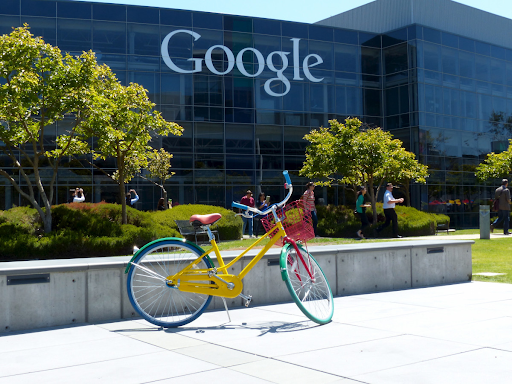The demonstration of quantum advantages highlights specific problem domains where classical computing faces fundamental limitations. These limitations aren’t merely about speed but about the feasibility of solving certain problems at all.
Classical computers have improved enormously over decades, yet some problems remain intractable regardless of performance improvements. Quantum computing offers a fundamentally different approach to these classically-hard problems.
Understanding classical computing limitations helps identify where quantum computing can provide the most value. Not every computational problem benefits from quantum approaches, making targeted application essential.
The exponential scaling of certain problems means classical computers quickly become overwhelmed as problem size increases. Quantum computers may handle these scaling challenges more gracefully for specific problem types.
Recognition of classical limitations has grown as quantum computing demonstrates real capabilities. This awareness is driving interest and investment in quantum technology development.
However, classical computing continues to advance and remains the preferred approach for most computational tasks. Quantum and classical computing are complementary rather than competitive technologies.

